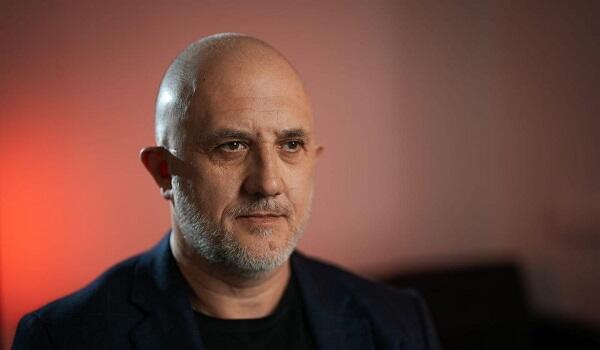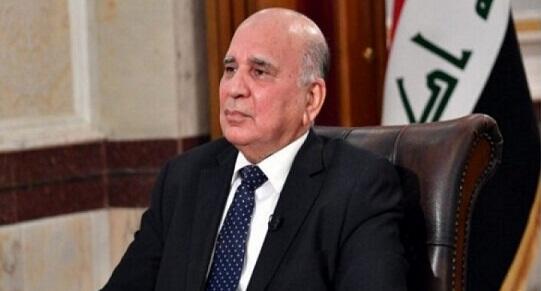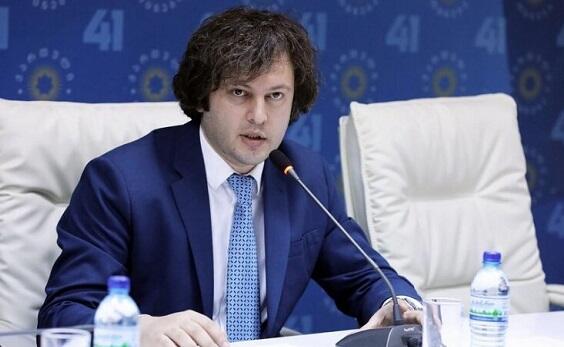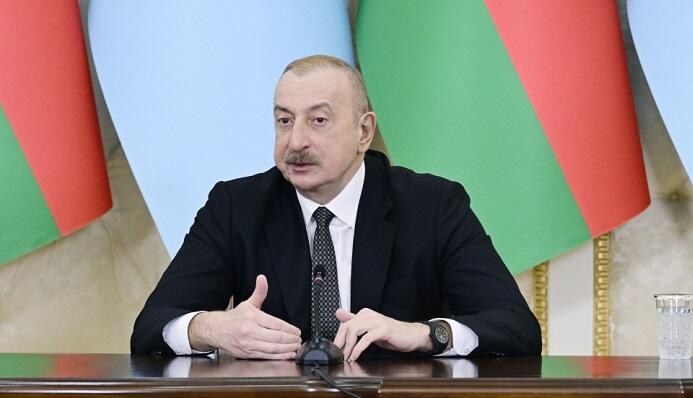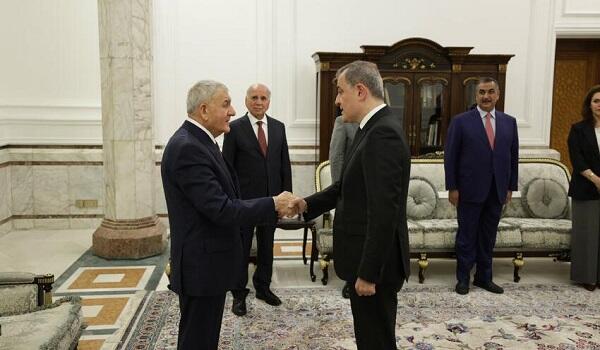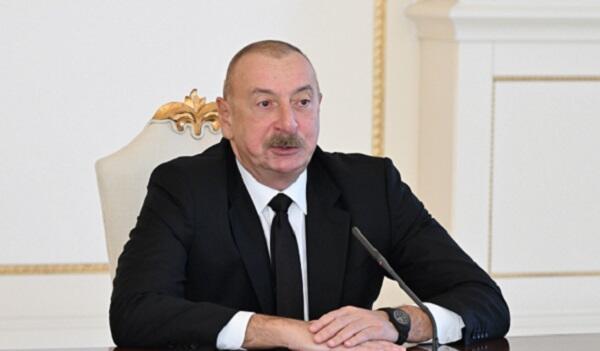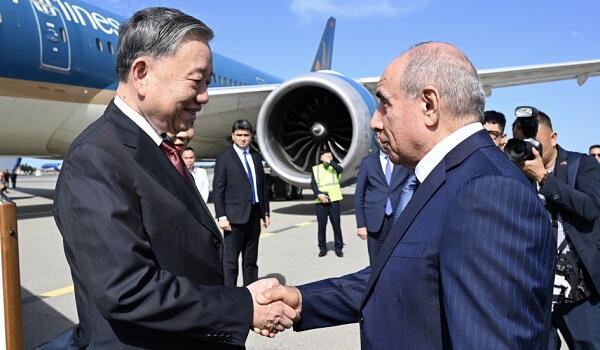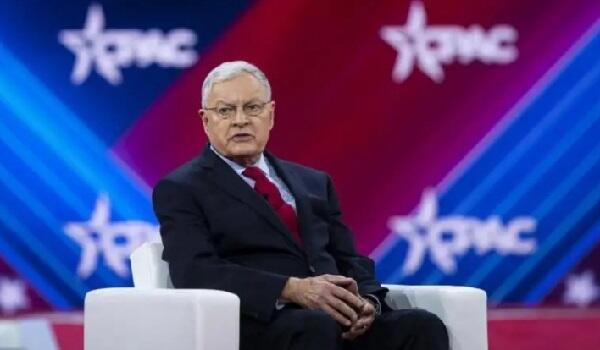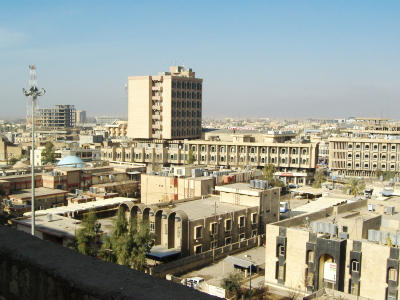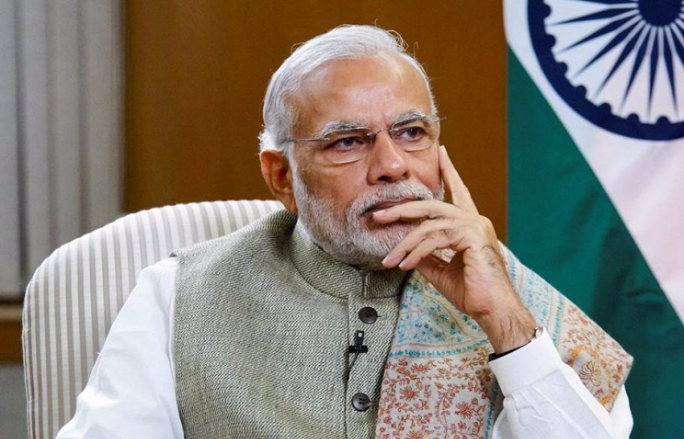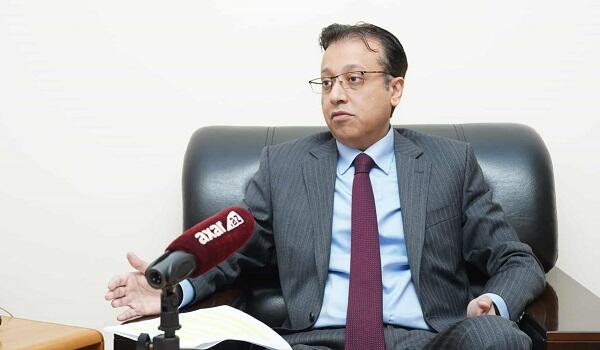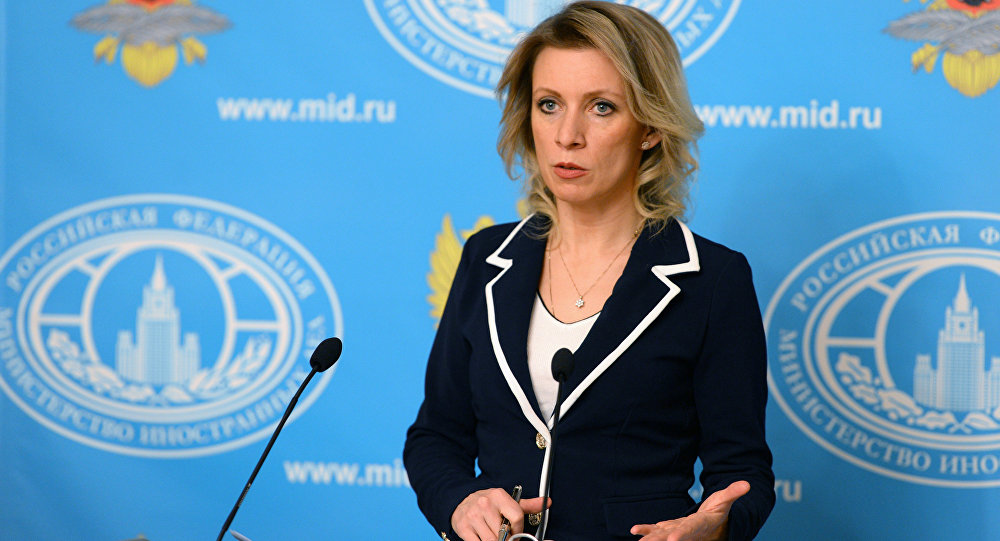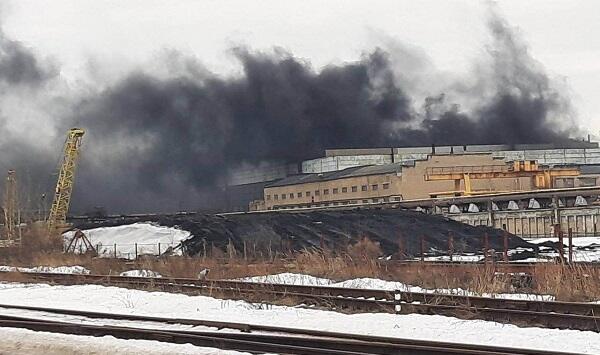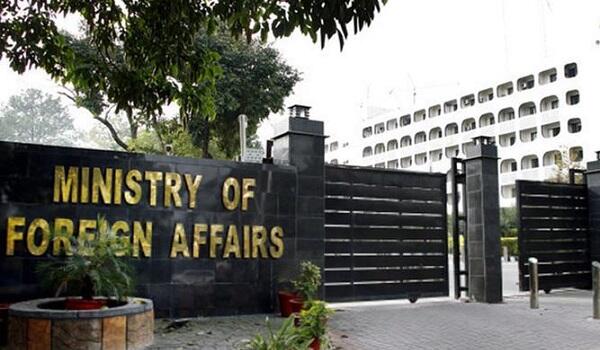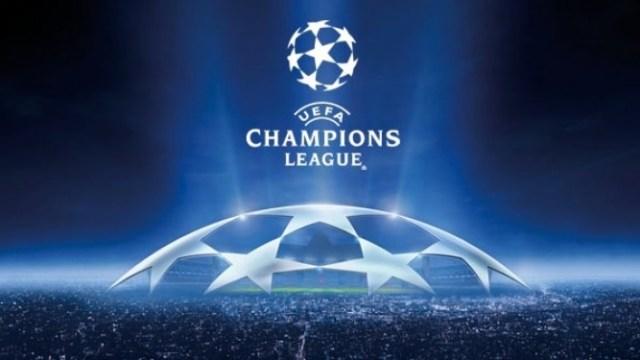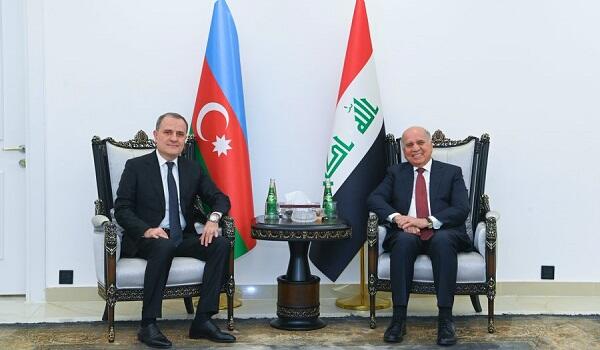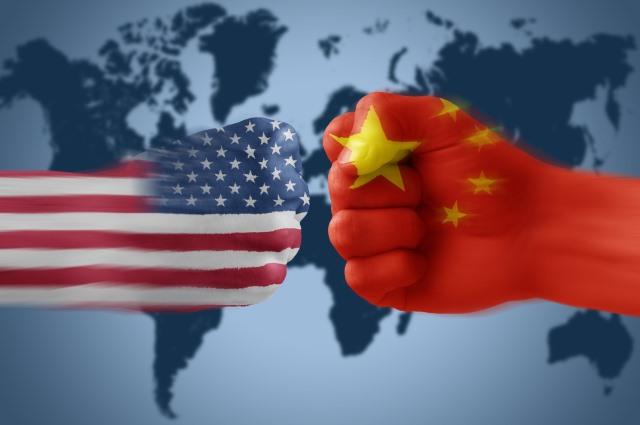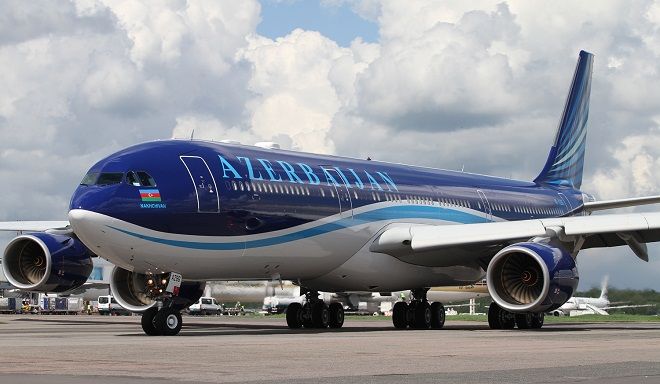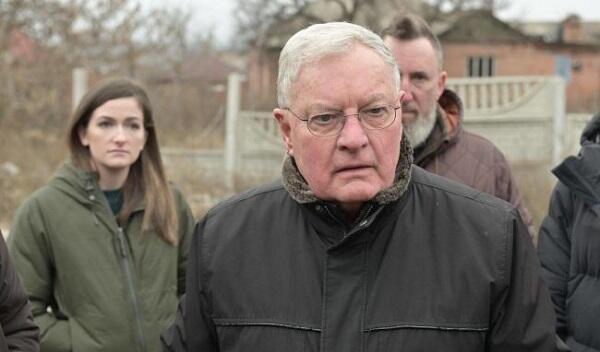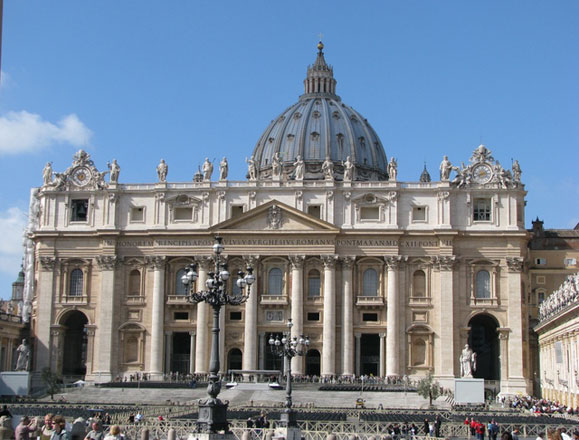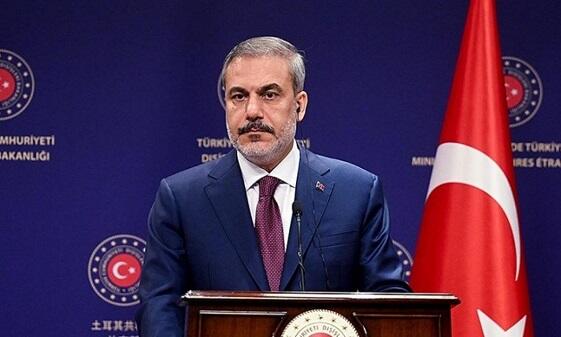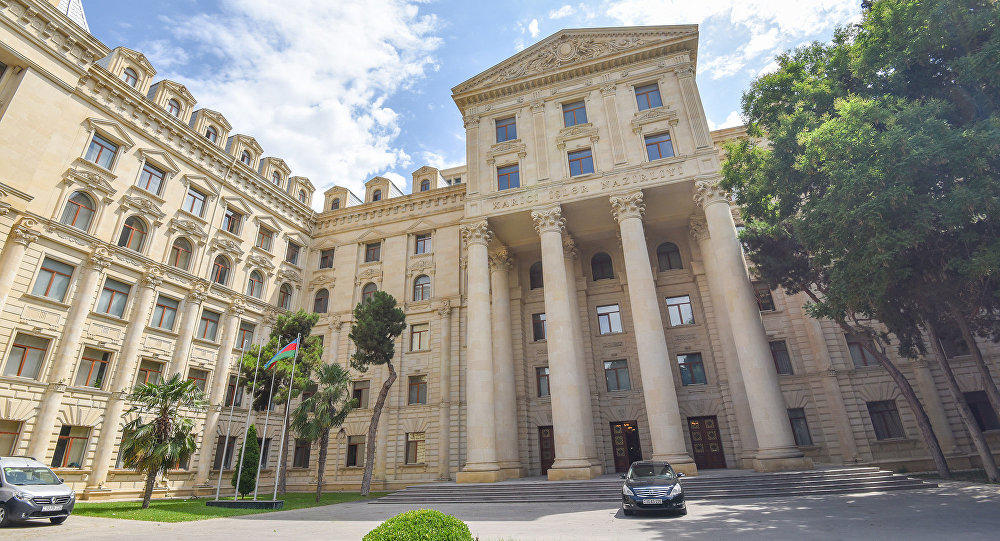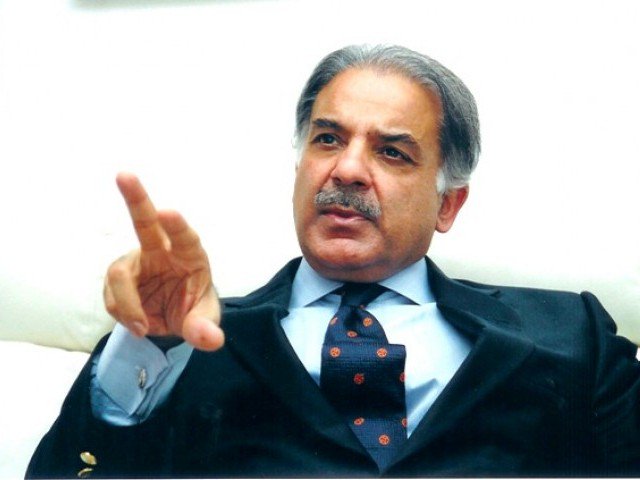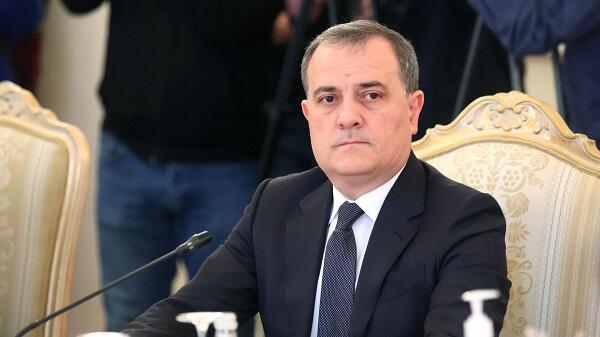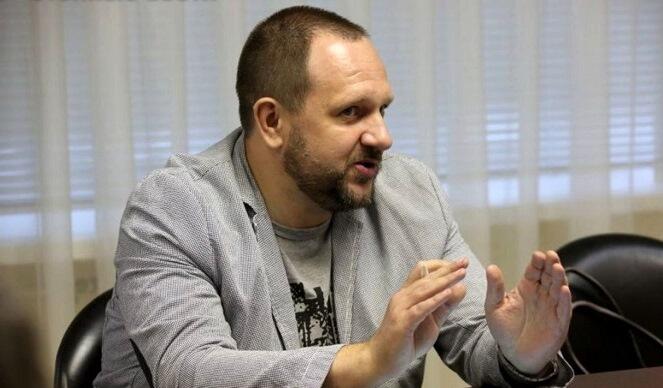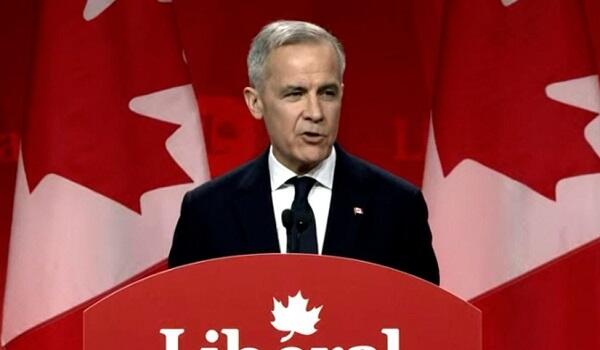The decision of Kazakhstan, Kyrgyzstan, and Uzbekistan, members of the Turkic Council, to open diplomatic missions in the Republic of Cyprus (Greek Cyprus) can be considered a successful operation by the European Union against Turkiye.
Axar.az reports this was stated by Russian expert on international conflicts, Vitali Arkov.
"The announcement of the opening of embassies in Cyprus came shortly after the first 'European Union - Central Asia' summit held in Samarkand. During this meeting, a €12 billion 'Global Gateway' investment package was promised to regional countries for projects related to the mining industry, energy, communication, and the scarcity of water resources. Ursula von der Leyen read beautifully, but did not tell the truth: under the guise of investment, European business aims to gain maximum control over the extraction and initial processing of valuable minerals, take over production capacities, and then impose conditions on consumers and authorities through water-saving programs — this is a classic approach to new territories. In this matter, the EU is not only in confrontation with Turkiye but also with Russia and China in Central Asia," the expert noted.
According to Arkov, the decision of Astana, Bishkek, and Tashkent to open embassies in Lefkosia (the Greek part) will not harm their relations with Ankara:
"I believe that Tokayev, Japarov, and Mirziyoyev have discussed this with Erdogan in advance. And they certainly did not face any refusal because such political details are of special importance only to Kaya Kallas and Ursula von der Leyen. At least because the Republic of Cyprus is a state recognized by the vast majority of the international community and is a member of the EU and the UN. It is an attractive offshore for big business and the ruling elites of post-Soviet republics. Therefore, besides the sense of solidarity with Ankara, there is no special compelling reason to boycott Lefkosia (the Greeks call it 'Nicosia').
Can we expect the recognition of the sovereignty of the Turkish Republic of Northern Cyprus after this? European politicians can promise a lot, but in practice, this is impossible. Moreover, this would mean the recognition of Turkiye's victory, at least in the broader Muslim world. Brussels and Paris want to see Ankara not as an equal, strong competitor or even a partner, but as a submissive vassal. London, despite all its deep ties with Ankara, prefers to maintain the status quo on this issue – why would it voluntarily give up one of its levers of influence?"
